As we enter the year 2024, you may notice a few changes have happened with New Creation. For one thing, we have started a brand new YouTube channel! Now, not only can you read articles and listen to our podcast, you can also watch us on YouTube. Another big change for 2024 is our logo. Our new logo, featuring a whale, is symbolic of intriguing new areas of research we are interested in here at New Creation.
But, even with these exciting new changes at New Creation, there are some things that are not changing. Our beliefs, principles, and goals remain the same. Here at New Creation, we are dedicated to empowering our readers, listeners, and viewers to think critically and make their own informed decisions about God’s methods and handiwork. We believe that Scripture is the inerrant and infallible word of God, and we value positive model-building in creation science.
New YouTube Channel
We are particularly excited to announce the launch of our YouTube channel, New Creation Clips. Every Monday, we will be releasing new, original content! This week you can join the host, Peter, as he explores the effect which glaciers had on northern Indiana. Our YouTube channel will delve into a lot of different topics, including dinosaurs, human fossils, and radiometric dating. So, if you like watching creation science content, make sure to click the link and subscribe.
Why a New Logo?
We call ourselves New Creation, but why is that? The term “new creation” shows up in 2 Corinthians 5:17:
“Therefore, if anyone is in Christ, he is a new creation. The old has passed away; behold, the new has come.”
2 Corinthians 5:17, ESV

The apostle Paul is saying that one who has been transformed by the Holy Spirit’s regenerative power has moved from death into life. Christianity teaches that true conversion involves a death to one’s old self in order to find new life in Christ. It is through this principle that creation science is given value. This allows us to be more effective for the kingdom of God in how we do science and every other aspect of our lives. At New Creation, we want to reflect our new natures in Christ in the way that we present creation research. The ultimate goal of creation science is not to win arguments or prove universal common ancestry or deep time wrong. We want to be honest, kind, and humble in the way we present research in order to reflect Christ in our lives and bring glory to God.
With the start of the new year, we decided to update our logo to reflect our values, goals, and research methods here at New Creation.
OK, But Why is Our New Logo a Whale?
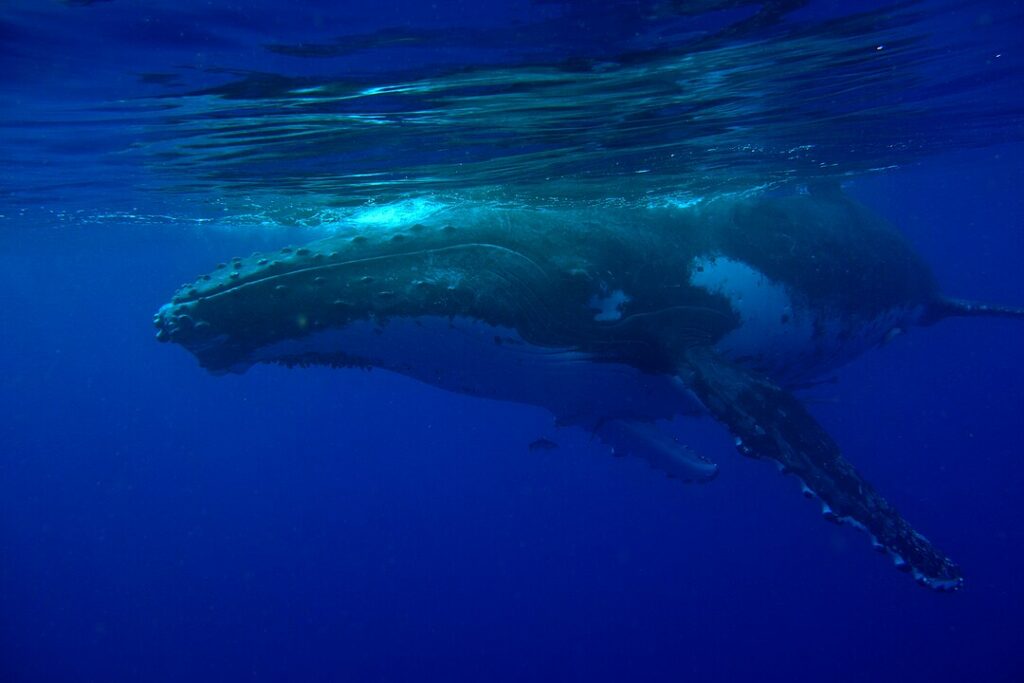
Few creatures have captured the human imagination quite like whales. These integral beasts to God’s created world dominate every ocean on the planet. Human fascination with whales extends back into antiquity. We depicted them in our art and stories, and hunted them for meat and blubber. Humanity still holds them in high regard today. We admire them on nature documentaries. We even venture out into their natural element to see them on whale watching tours.
But whales are not just fascinating creatures. They have stood (swam?) behind us in the successes we have had in creation research in the past. They also propel us into the future creation research has to offer.
A Foundation of the Past For Building Our Future
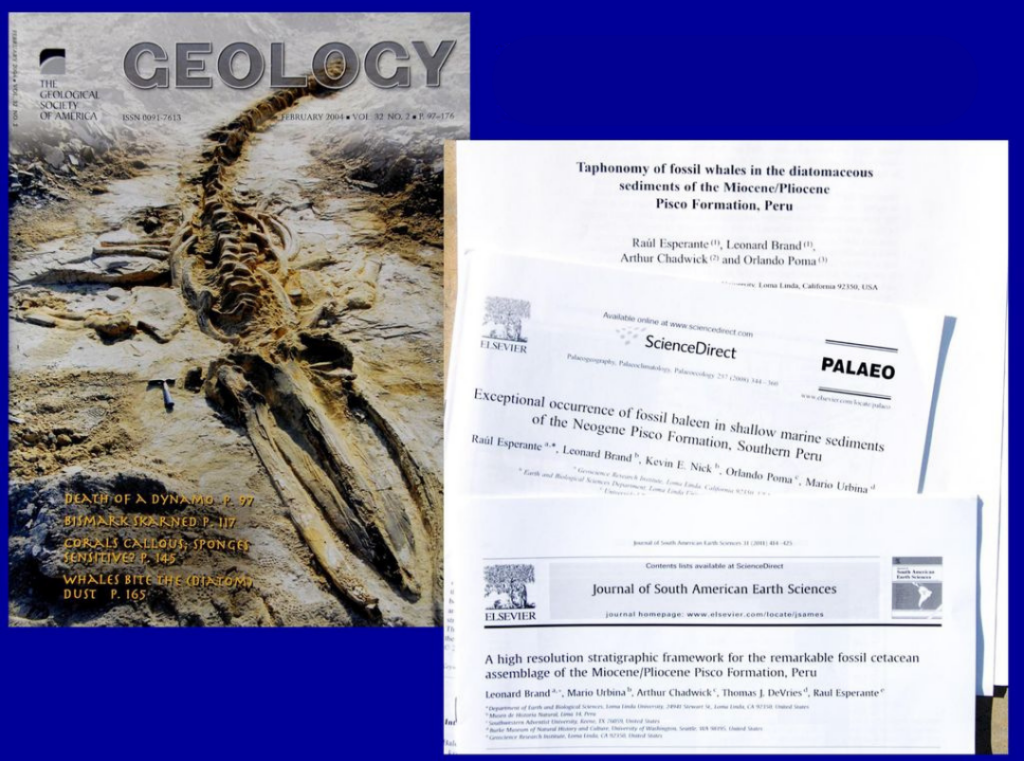
In 2004, the peer-reviewed, secular scientific journal Geology featured as the cover article scientific research conducted by young-earth creationists. The research, headed up by paleontologists Leonard Brand, Arthur Chadwick, and Raul Esperante was on a bonebed containing hundreds of fossilized whale skeletons in Peru’s Pisco Formation. Conventional wisdom interprets the Pisco Formation as forming over a period of about 10-12 million years, as calibrated by radiometric dating methods. The sediment encasing the whales is composed of a type of phytoplankton. Previous thought believed its emplacement occurred at a rate of less than 10 centimeters for every 1000 years, give or take.
But Brand, Chadwick, and Esperante were not convinced. Biblically, they knew that the timeframe was much too long. Scientifically, they knew the whales’ bones were too well-preserved to have been laying on the ocean floor long enough to be buried naturally. At the conventional sedimentation rate, it would have taken more than a thousand years to bury an individual whale.
The researchers realized that the most viable explanation for this fossil site was rapid burial, fast enough to cover whales up to 40 feet long within a few weeks or months. Their research suggested that it would require a plankton accumulation rate of at least three or four orders of magnitude faster than is usual in the ocean today, probably centimeters per week or month, rather than centimeters per thousand years. Paradigm differences aside, secular peer reviews even agreed that Brand et al.’s results seemed to be the best explanation for the data.
This was a wonderful demonstration that, using God’s Word as a guide, creation scientists can take notice of things other scientists may overlook. With this, they propose testable hypotheses that would otherwise not have been considered. And with those testable hypotheses in hand, creation scientists can help secular scientists take note as well!
An Emblem of the Journey Ahead
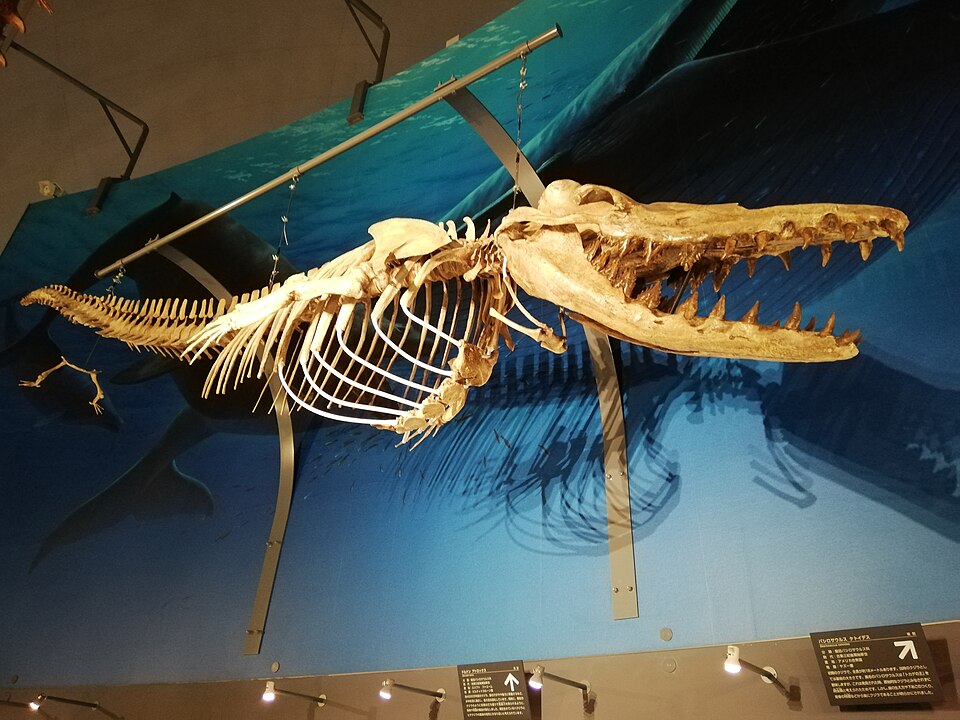
There is great diversity on display amongst the whales. Looking strictly at modern whales, we have the diminutive dwarf sperm whale at only seven feet long at one end of the scale, and the massive blue whale, tipping the scales at over 200 tons at the other. In between, we have the beluga, narwhal, and killer whale, among others. Turning to the fossil record, we find the unusual toothed baleen whales, like Janjucetus, and fully-aquatic whales like Dorudon with a mouthful of teeth and two tiny back limbs at the base of its tail. Did all of these species diversify from one created kind, or multiple created kinds? How does the whale fossil record fit into our broader understanding of young-earth history?
Biblically, we know that God created living things according to their kinds. Young-earth biologists do not believe this is referring to individual species or variations, but to the interfertile groups of living things God created in the beginning. Each created kind has diversified since Creation, and again since the global Flood. This offers a host of fascinating questions and topics for young-earth biologists to explore.
- How many created kinds did God create?
- What processes caused them to diversify into so many varied forms?
- How did the Fall of Adam and Eve affect the biological world?
- Are there any fossils of whales from the Flood itself, or are all fossil whales from after the Flood?
Whales serve as an emblem for the exciting avenues of scientific research currently of interest to young-earth creation scientists, students, scientifically-inclined laymen, and secular scientists.
New Creation Podcast
This is our second year of producing the New Creation Podcast. Right now, the podcast is home to audio versions of our articles. We currently have 55 recordings so that you can listen to our articles on the go. The New Creation Podcast is available on Spotify, Apple Podcast, Google Podcast, or wherever else you listen.
A New, Exciting Year for the New Creation Blog
As we step into a new year, we here at New Creation want to thank you all for being a part of this exploration of God’s creation. We look forward to bringing you more content through our established and newly fledged channels, as we follow the progress of creation scientists in building Biblically-based scientific models across the disciplines.
There’s always more to learn about the creative works of God’s hands. 2024 is sure to bring new discoveries, questions, and avenues of research in young-earth creation science. Here at New Creation, we’re excited to learn, grow, and share with you what the New Year brings to our understanding of God’s creation – through our blog, our podcast, and our new YouTube channel.
“Great are the works of the Lord, studied by all who delight in them.”
Psalm 111:2, ESV

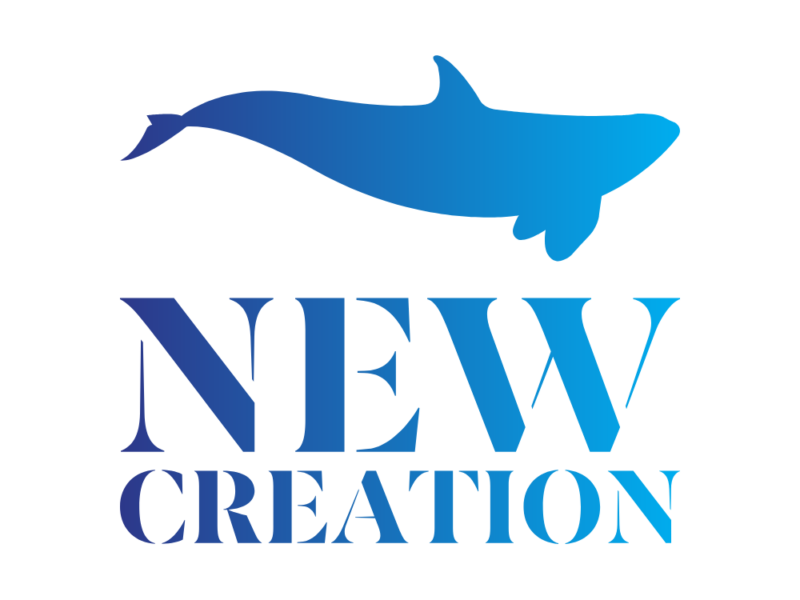


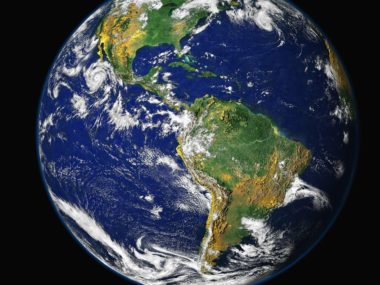
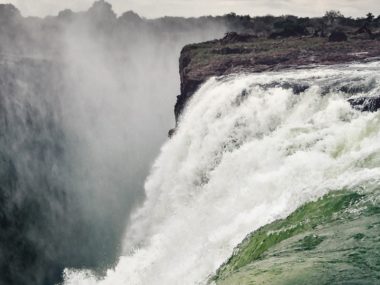






I love whales 🐋
They are very beautiful creatures, which were created by God, on day 5 of creation along with fish and birds.
These creatures must be protected from extinction.
Happy New Year New Creation
Blessings in Christ Jesus
Thank you, Andres! It’s wonderful to hear your love for whales. Wishing you a Happy New Year filled with blessings and a renewed commitment to good stewardship of God’s Creation.
Have another great year from up here in Canada. I love the whale thing because it was introduced here about the rising opinion amongst creationists the whales are onlky a post flood adaptation of a creature off the ark. New ideas indeed. lord bless.